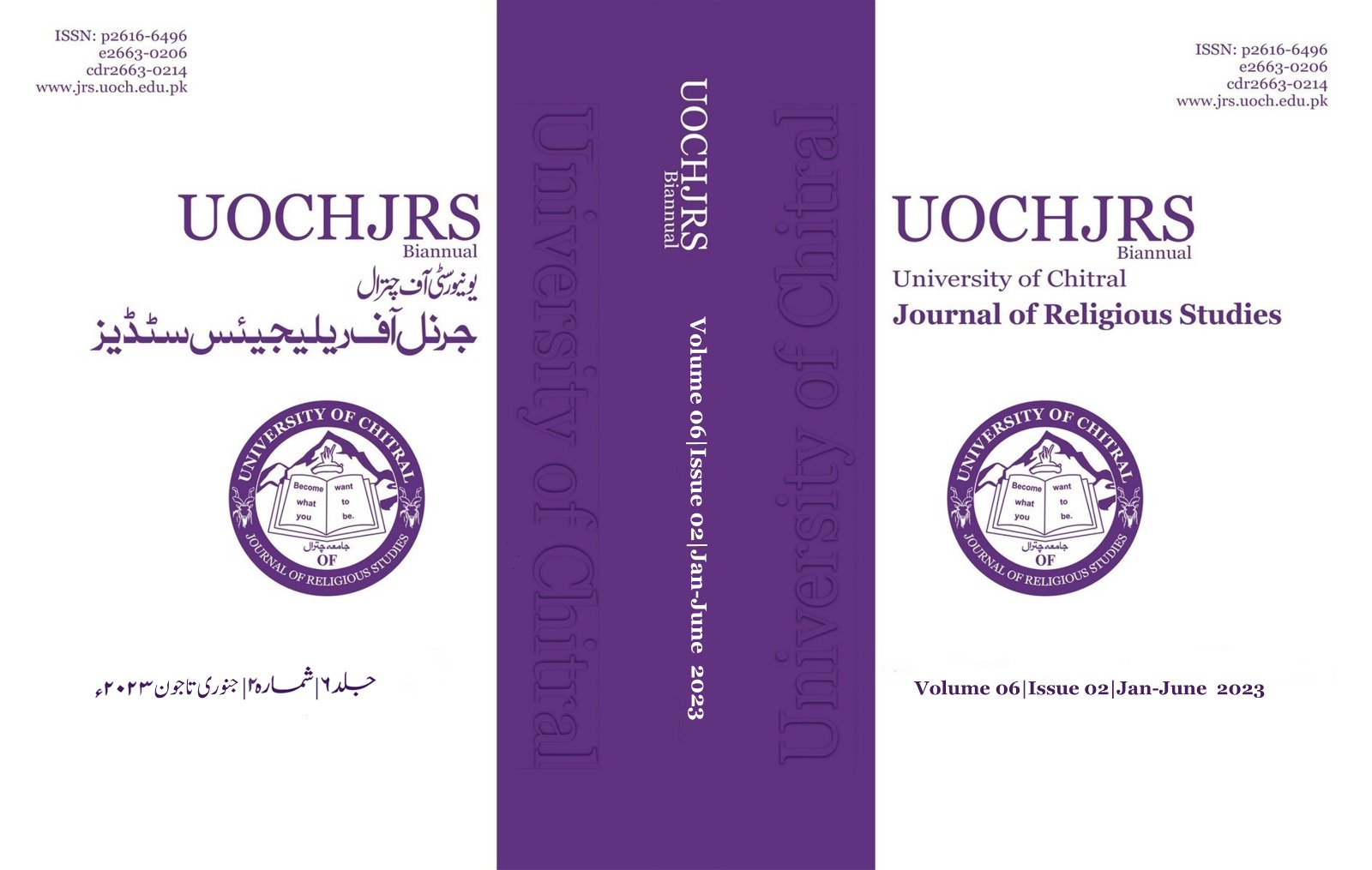Daru’s Mimicry for Survival in the Colonized Muslim Tribal Culture: A Study of Hamid’s Moth Smoke
Keywords:
British rule, Muslim tribal culture, mimicry, cultural encroachment, colonialism, anti-Islamic prejudice, cultural oppressionAbstract
This study aims to examine how British rule affected Muslim tribal culture in Mohsin Hamid's Moth Smoke and provide insight on the ongoing consequences of colonialism on Muslim tribal communities. The novel Moth Smoke by Mohsin Hamid, which depicts the cultural invasion of British colonialists on Muslim tribal communities in Afghanistan and Pakistan, is being examined as part of a qualitative study using a literary analysis technique. The study shows that British dominance caused the Muslim tribal people to live in adverse circumstances, including discrimination in the provision of necessities and denial of natural and fundamental rights, such education, access to healthcare, and independence. The protagonist's embrace of Western education, culture, and religion emphasizes the battle for survival in the face of anti-Islamic bigotry and various types of cultural persecution. The study comes to the conclusion that Moth Smoke raises significant concerns about the long-term effects of colonialism on the lives of Muslim tribal tribes by depicting the cultural invasion of British control on Muslim tribal areas of Afghanistan and Pakistan. The research places a strong emphasis on the need to comprehend and confront the persistent forms of prejudice and cultural oppression that these groups experience.


